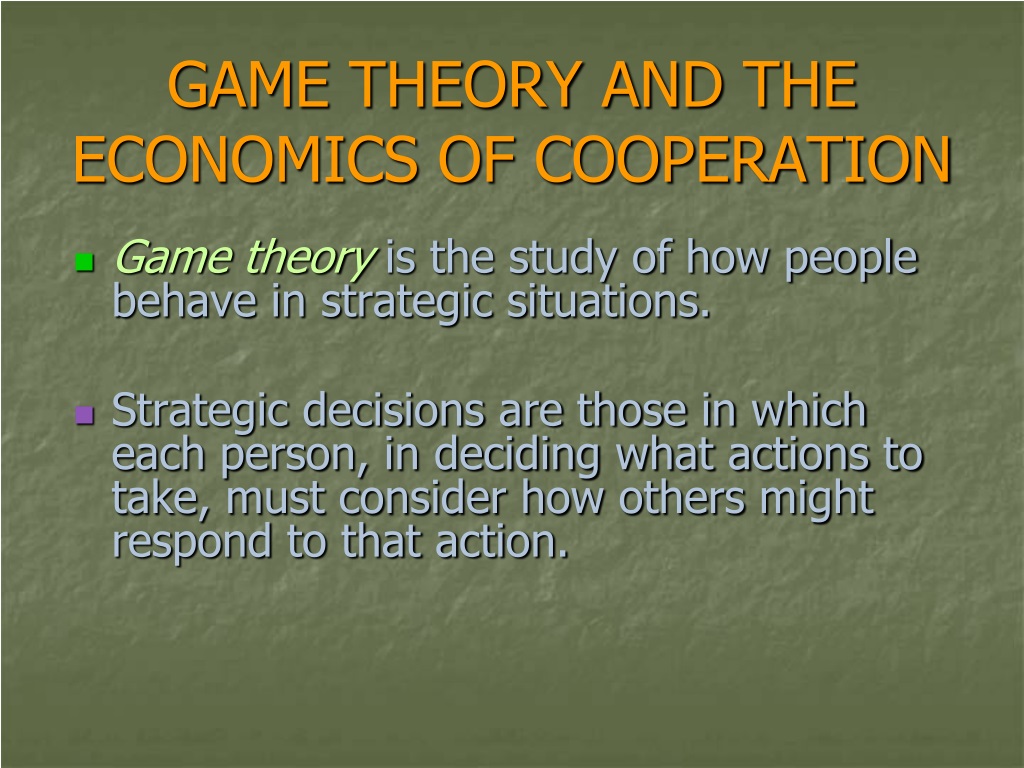
While the Republican politicians in my adopted state of Florida profess to love freedom, they also have been busy passing laws to restrict freedom. To illustrate, Governor DeSantis has opposed mask mandates and vaccine passports on the professed grounds of fighting “medical authoritarianism.” However, the Governor and the Republican dominated state legislature have banned ‘critical race theory’ from public schools and have mandated a survey of the political beliefs of faculty and students. On the face of it, there seems to be an inconsistency here: the freedom loving Republicans appear to be waging war on academic freedom and freedom of expression. I could spend hours presenting examples of the apparent inconsistencies between Republican value claims and their actions, but my focus here is on the notion of value vagueness.
In my ethics class, I teach a section on moral methods—these are argument templates for ethical reasoning. One method, which is useful beyond ethics, is Logical Consistency. This method is based on a basic concept in logic, that of logical consistency. Two claims are consistent with each other when both can be true at the same time. For example, the claim “restricting freedom is sometimes acceptable” is consistent with the claim “restricting freedom is sometimes unacceptable.” This is because both claims could be true. Two claims are inconsistent when both cannot be true at the same time (but both could be false). For example, the claim “people should be free from government control” would seem to be inconsistent with the claim “the government should ban the teaching of critical race theory.” This is because while these claims cannot both be true at the same time, they could both be false.
Because of the nature of inconsistent claims, if someone makes inconsistent claims, then at least one of their claims must be false. The fact that two (or more) claims are inconsistent does not show which of them is false. The inconsistency just shows that. . .
In my ethics class, I teach a section on moral methods—these are argument templates for ethical reasoning. One method, which is useful beyond ethics, is Logical Consistency. This method is based on a basic concept in logic, that of logical consistency. Two claims are consistent with each other when both can be true at the same time. For example, the claim “restricting freedom is sometimes acceptable” is consistent with the claim “restricting freedom is sometimes unacceptable.” This is because both claims could be true. Two claims are inconsistent when both cannot be true at the same time (but both could be false). For example, the claim “people should be free from government control” would seem to be inconsistent with the claim “the government should ban the teaching of critical race theory.” This is because while these claims cannot both be true at the same time, they could both be false.
Because of the nature of inconsistent claims, if someone makes inconsistent claims, then at least one of their claims must be false. The fact that two (or more) claims are inconsistent does not show which of them is false. The inconsistency just shows that. . .
News source: A Philosopher’s Blog
Post Views: 202







